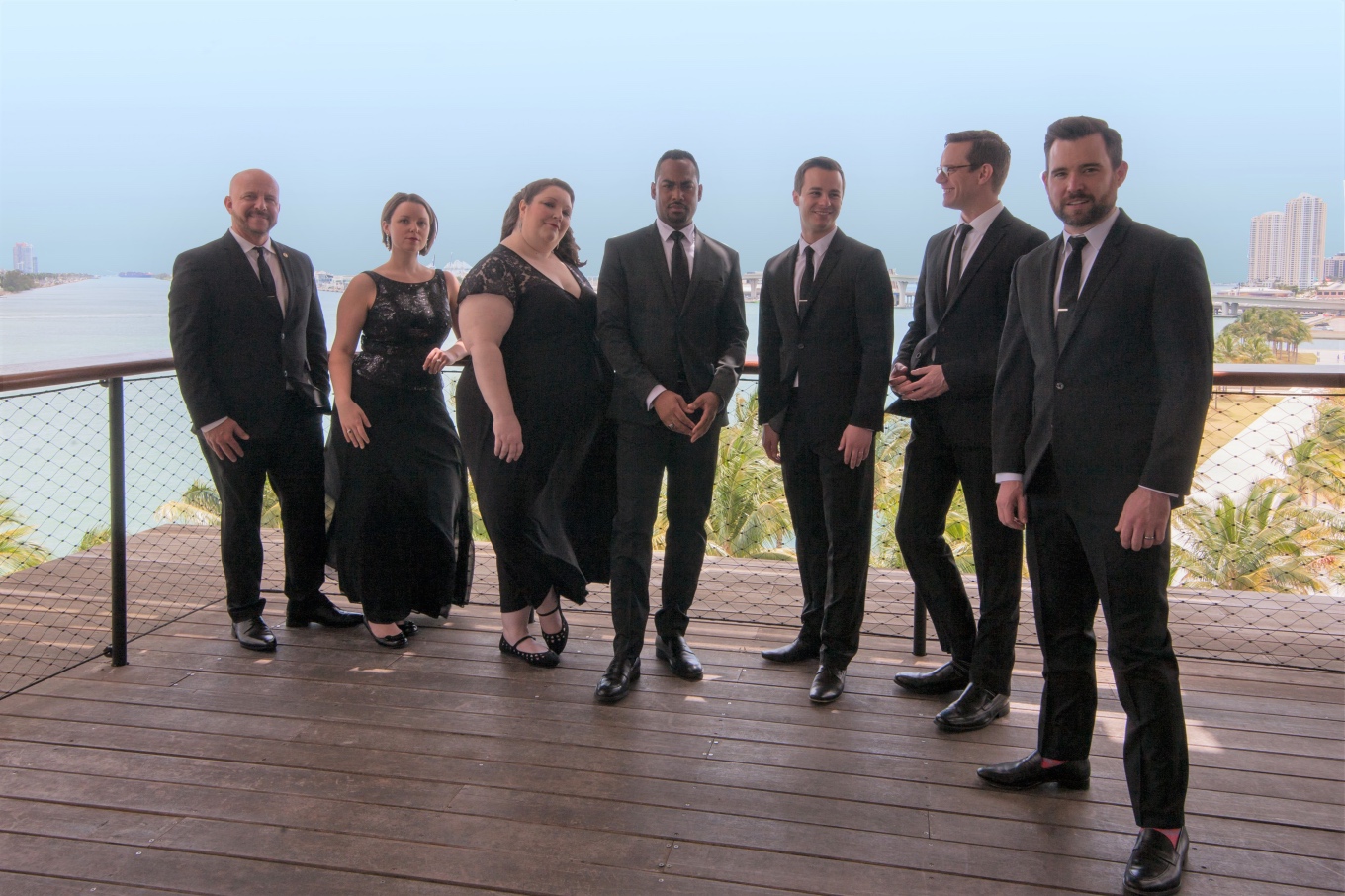
Pärt's Passio closes Seraphic Fire's passionate series
ReviewThe score to Arvo Pärt’s monumental Passio includes only three tempo indications: the first seven measures are to be sung “on the slow side”; the last seven measures, “very slowly”; while the sixty-five minutes of intense, mesmerizing music in between are marked at an unrelenting 132 quarter-note beats per minute. Neither fermatas nor unmeasured pauses stem the flow; instead, rests are counted in strict metre.
The result? Pärt’s trademark, soaring dissonances churning uninterrupted, punctuated by tense, expectant silences and delicate instrumental interludes. During the lecture preceding Seraphic Fire’s April 14 performance, Artistic Director Patrick Dupré Quigley noted the symbolism behind this hardline continuity: a sense of predestination, advancing steadily through the traditional text toward the inevitable crucifixion.
Text and narrative took a backseat to phrasing and colour, with Seraphic Fire’s characteristic precision shaping pillars of richly textured chords and sizzling overtones. Accompanied by a small ensemble comprising violin, oboe, bassoon, cello, and organ, Seraphic Fire achieved a timbral blend that coexisted with the instruments in a spellbinding sound world.
“This is a piece that is better seen as a forest rather than trees,” Quigley advised during his lecture. “Allow the flow of the piece to be something that you yourself become a part of […] Allow yourself to exist in this music.”

James K. Bass in the bass role of Jesus sang haunting, resonant solos, while tenor Steven Soph’s sonorous Pilatus captured a poignant intensity. A quartet of Evangelists – soprano Jolle Greenleaf, mezzo-soprano Virginia Warnken, tenor Patrick Muehleise, and baritone Steven Eddy – carried the bulk of the text, weaving warmly through Pärt’s tintinnabuli scoring with nothing short of virtuosity. The four voices were mirrored by the excellent instrumental ensemble, with a shoutout to oboist Max Blair for his glowing tone and thoughtful phrasing.
Pärt’s music so often sidles into categories like “spiritual” or “transcendent,” with its minimalist structure and Gregorian #throwback vibes. Yet, as Quigley observed in his lecture, “[The Passio’s] simplicity hides a larger-scale complexity.” While Seraphic Fire’s performance captured a meditative sensitivity – the hour-plus of music seemed to fly by in a fraction of the time – the ensemble also delivered a Passio grounded very much in the present. Small details – the chorus’ synchronized breaths and page turns; violinist Sonya Chung’s timbre that meshed almost identically with the shimmering vocal overtones – provided sparklets of attention and curiosity amid the hypnagogic serenity of the overall work.
The Passio caps off Seraphic Fire’s 2018 series of passions, which opened with David Lang’s the little match girl passion, followed by Bach’s St. Matthew. This programming arc swept from the poetic to the religious, arriving at this fitting finale – a Passio that is somehow both and neither. The performance became sacred not because of its text, nor because of its presentation beneath the sloped ceilings of Ft. Lauderdale’s All Saints Episcopal – but rather because, if only for an hour or so, the audience allowed themselves to “exist in the music,” to share a space with one another and absorb the music’s smouldering calm, all at 132 beats per minute.


Comments